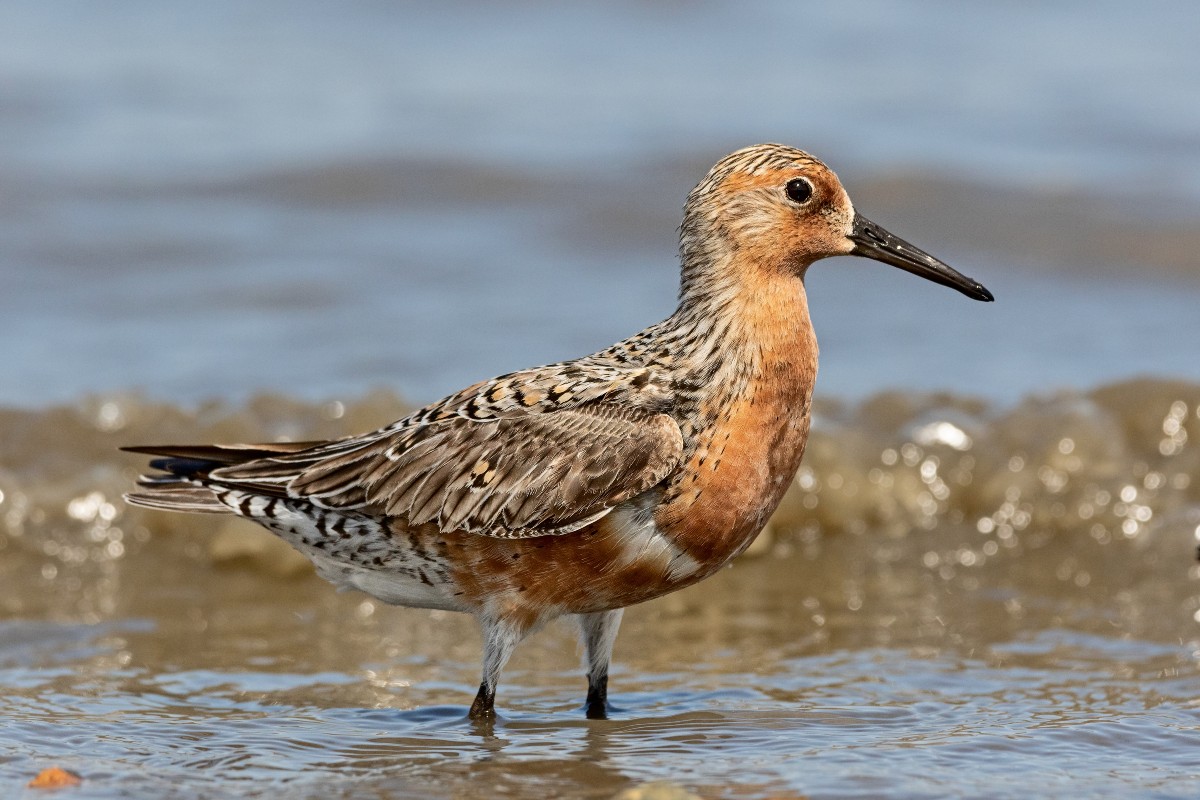New study suggests diet and exercise are for the birds
Katie Willis - 03 November 2020 UNIVERSITY OF ALBERTA
To regulate their body mass, birds use a tried and true method—diet and exercise, according to new research by University of Alberta biologists.
“The results are so simple that it's almost surprising,” said Kimberley Mathot, assistant professor in the Department of Biological Sciences in the Faculty of Science and Canada Research Chair in Integrative Ecology. “Anyone can tell you that if you want to lose weight, you should get moving and change how you eat. It turns out—birds do just that.”
Unlike mammals, which often become obese when given unlimited access to food, birds can maintain almost constant mass even when food is plentiful. And while understanding why body mass regulation is useful for birds has been a topic of research for many years, this is the first study to examine just how birds do it.
The research team conducted two experiments to examine how birds regulate their body mass. In the first, the scientists manipulated predation danger, which resulted in decreased body mass. “The results show that increased activity and decreased food intake—or dieting—contributed to the mass loss,” said Mathot.
In the second, birds were presented with two types of food—one high in quality and calories and one lower in quality. “Here, we found that birds maintained nearly constant body mass. This was also achieved by moving more and eating less when food was suddenly higher quality,” explained Mathot, who conducted this research in conjunction with Eva Kok, a PhD student who is co-supervised by Mathot and Theunis Piersma from the University of Groningen in the Netherlands.
Combined, these research results indicate that birds have mastered the simple and effective tools of managing diet and exercise to match their current environment.
This work was done in collaboration with the NIOZ Royal Netherlands Institute for Sea Research, including Theunis Piersma, Piet van den Hout, and Anne Deking. This research was funded by a Natural Sciences and Engineering Research Council of Canada (NSERC) Discovery Grant, the Netherland Organisation for Scientific Research, and Waddenfonds.
The paper, “Red knots (Calidris canutus islandica) manage body mass with dieting and activity,” was published in the Journal of Experimental Biology(doi: 10.1242/jeb.231993).

No comments:
Post a Comment